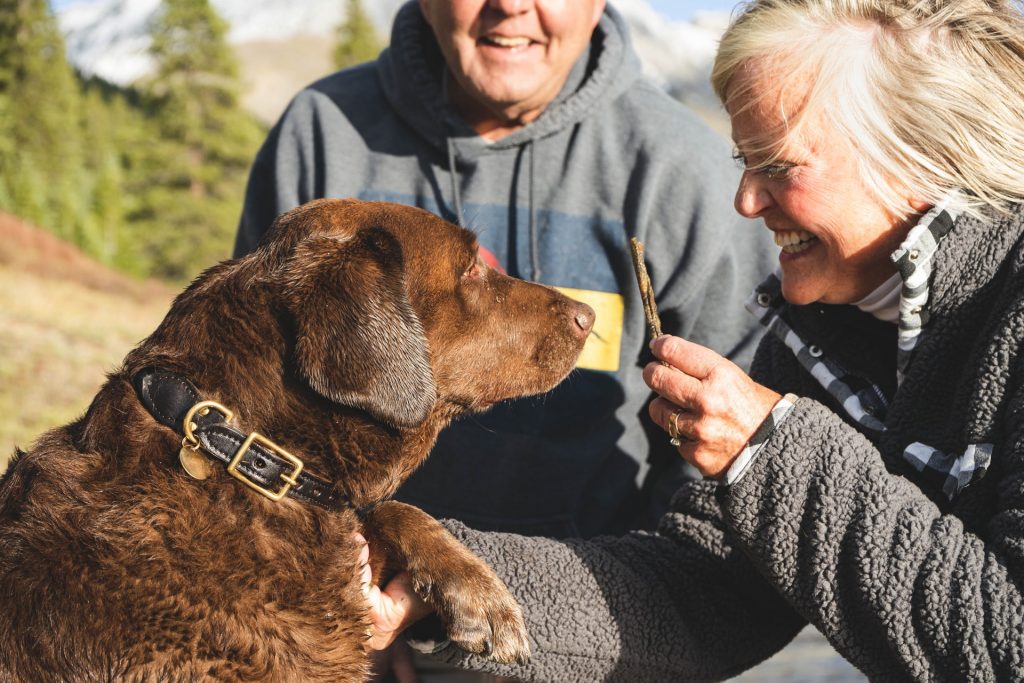You’re at your vet’s office. Your beloved family pet is not doing well. He stopped eating and drinking. The vet tells you the situation is terminal. Your heart is breaking; tears are falling. It can’t be true; your heart tells you. She was running around the backyard a few days ago. What happens now?
If this is a familiar scenario, I imagine your first instinct after hearing the word terminal was to deny it was true. You think about getting a second opinion. You ask the vet what you can do to help? Are there treatments, an operation, medication? Will any of that help? Anything? There must be something? You’ve stepped into denial.
Denial is an attempt to cope with something difficult to accept. It is a rejection of a truth that feels overwhelming and painful. It is the first stage of grief. (Kuebler-Ross)
If you’ve experienced the loss of a family pet, you may have slipped into denial. It’s a normal human reaction. Denial helps people deal with intense emotions such as unexpected loss. Even if your pet had been sick for some time, denial of the illness’s eventual outcome is a common response to what can be an overwhelming situation. Denial acts as a buffer between what is true and what we can handle at the time.
Denial is a natural state of mind that protects people from the initial shock of challenging events, like a sudden loss. It’s important to understand that getting through denial is essential to getting through the grieving process.
How can you cope with the loss of your pet? I have some tips to help you move through denial effectively.
- Breathe
Take a moment to adjust to the circumstances. Breathe in slowly and exhale slowly. Your system has been dealt a blow. It’s okay to take the time you need to process your emotions. Let denial slip away slowly. Breathe. Breathe. Breathe. - Ask questions for clarity.
If a veterinarian has given you information that has rocked your world try to remember they are just doing their job. Their job is to tend to the medical needs of your pet. Sometimes that includes giving you bad news. If you are still unclear on what happened, call your vet, and ask for a consult. Ask questions for clarity. You don’t want to have any lingering doubts about what happened. - Determine a timeframe for moving forward
You’ve just lost your pet. Take the time you need to decide your next steps. Denial will begin to subside as the days go forward, especially if you take care of yourself. Only you can decide how to move through grief. Set a goal for yourself to get back to your daily life. Your pet wouldn’t want it any other way. - Make an informed decision about going forward
Take time to determine what your next steps should be. How will you memorialize your pet? If you had your pet cremated, will receiving their remains help? Will planning a burial? Explore the many options available to you. Writing an obituary on petheaven.org is helpful. In the obit, you could tell a favorite story about your pet, or write about how much they meant to you, how special they were and why. An obituary is a great way to keep the memory of your pet alive. Writing an obit is an effective way for you to move through any denial that they are gone.
Losing a beloved pet is hard, hard, hard. Take the time you need to grieve. That loss is a devastating blow to the makeup of a household. Remember how much your pet loved you and give yourself the same unconditional love. You deserve it right now.
Wishing you peace in your heart,
RO


